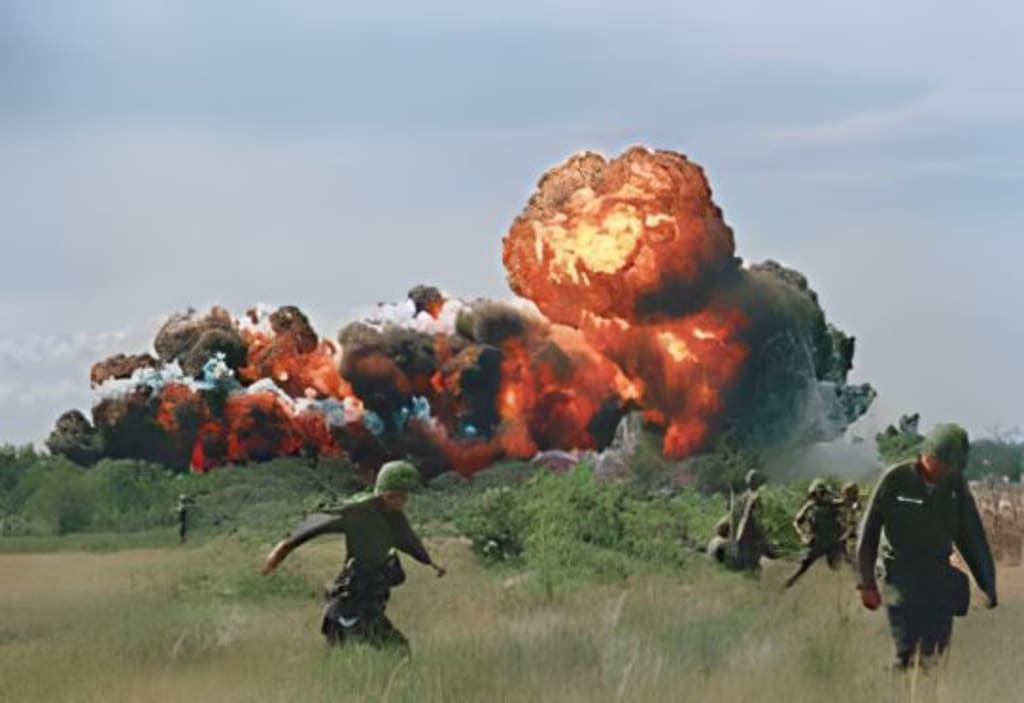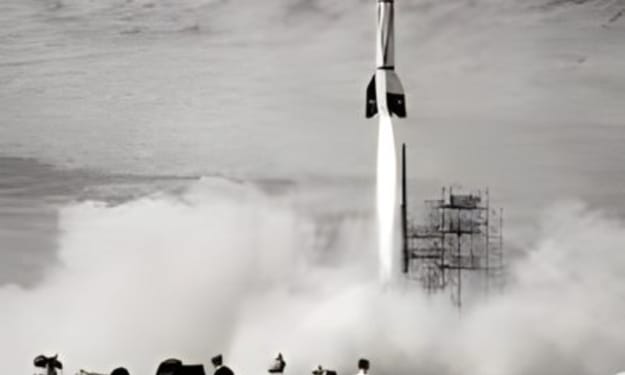The Vietnam War: A Painful Chapter in America's History
Eleventh important topic of USA history

Title: The Vietnam War: A Painful Chapter in America's History
Introduction
The Vietnam War, lasting from 1955 to 1975, was a significant conflict in the history of the United States. It was a protracted and brutal war that deeply impacted both the Vietnamese and the American people. As a turning point in American foreign policy, the war left an indelible mark on the nation, sparking fierce debates and protests that still resonate today. This article aims to provide an overview of the Vietnam War from the perspective of the United States, highlighting its causes, major events, and its profound consequences.
Causes and American Involvement
The roots of American involvement in Vietnam can be traced back to the Cold War era when the United States aimed to prevent the spread of communism. The domino theory, which posited that if one country fell to communism, neighboring countries would follow suit, became a central tenet of American foreign policy.
In the early 1960s, the United States increased its military presence in South Vietnam, supporting the South Vietnamese government against the communist forces of the National Liberation Front (NLF) and the North Vietnamese army (Viet Cong). The conflict escalated with the Gulf of Tonkin incident in 1964, which led to the passage of the Gulf of Tonkin Resolution, granting President Lyndon B. Johnson broad powers to wage war in Vietnam.
Major Events and Tactics
The Vietnam War witnessed a series of significant events that shaped its trajectory. The Tet Offensive in 1968, launched by the NLF and the North Vietnamese army, was a turning point in the conflict. Although militarily unsuccessful for the communist forces, it had a profound psychological impact on the American public, eroding support for the war effort.
The war was characterized by guerrilla warfare, with the Viet Cong employing hit-and-run tactics, ambushes, and the extensive use of underground tunnels. The American military responded with large-scale operations, including search-and-destroy missions, heavy bombing campaigns, and the infamous defoliation campaign through the use of Agent Orange.
Protests and Public Opinion
The Vietnam War deeply divided the American people. The anti-war movement gained momentum as the conflict dragged on, with protests becoming larger and more widespread. The anti-war sentiment was fueled by televised images of the war, showing the harsh realities and atrocities committed on both sides.
The My Lai Massacre in 1968, where American soldiers killed hundreds of unarmed Vietnamese civilians, shocked the nation and intensified opposition to the war. This event, along with the publication of the Pentagon Papers in 1971, which revealed government deceit and misinformation, eroded public trust and further fueled the anti-war movement.
Withdrawal and Legacy
The war proved to be a quagmire for the United States, with mounting casualties and no clear path to victory. In 1973, the Paris Peace Accords were signed, and the last American combat troops left Vietnam. Two years later, North Vietnamese forces captured Saigon, unifying Vietnam under communist rule.
The Vietnam War left an enduring legacy. It shattered the myth of American invincibility and profoundly affected U.S. foreign policy. The war led to a reassessment of military interventionism, with subsequent conflicts, such as the Gulf War and the Iraq War, being influenced by the lessons learned from Vietnam.
Furthermore, the war had a lasting impact on the American psyche. It fostered deep skepticism toward government actions and fueled a sense of cynicism among the American public. The treatment of Vietnam veterans upon their return also raised questions about the nation's moral obligations to its servicemen and women.
Conclusion
The Vietnam War was a tragic and divisive chapter in American history. It highlighted the complexities of war, the limits of military power, and the consequences of foreign intervention.
The scars of the conflict, both physical and psychological, continue to affect the Vietnamese and American people to this day. As we reflect on this tumultuous period, it is crucial to remember the lessons learned and strive to prevent similar tragedies in the future.
About the Creator
Enjoyed the story? Support the Creator.
Subscribe for free to receive all their stories in your feed. You could also pledge your support or give them a one-off tip, letting them know you appreciate their work.





Comments
There are no comments for this story
Be the first to respond and start the conversation.